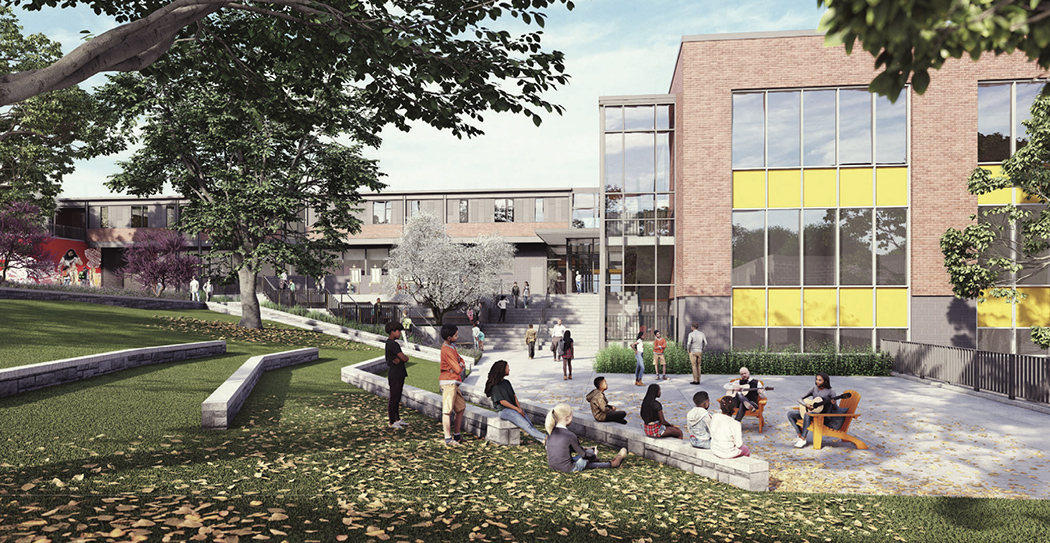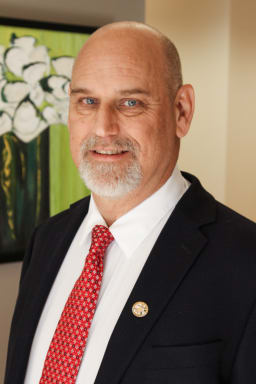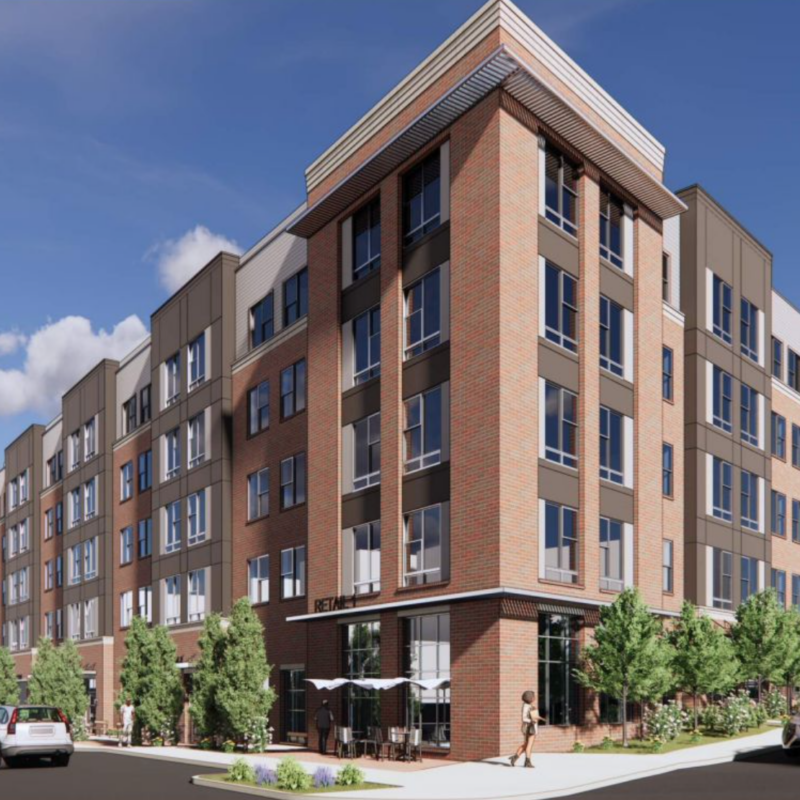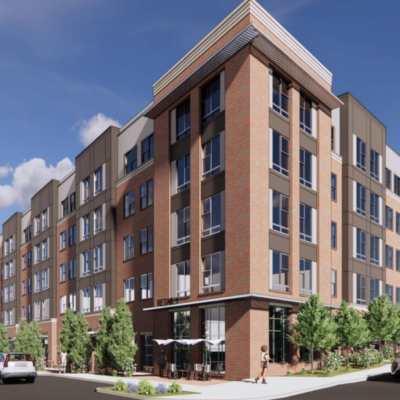For more than a decade, Charlottesville’s school reconfiguration has remained in limbo, thanks to a plethora of financial setbacks. As the city works to finalize its budget for fiscal year 2023, leadership has struggled to figure out how to fund the $75 million project, which would move fifth grade from Walker Upper Elementary—currently home to fifth and sixth grades—back down to elementary schools, and sixth grade up to Buford Middle School.
Last month, interim City Manager Michael Rogers recommended a pause in the massive project until more funding is found. He suggested City Council raise the real estate tax by 2 cents, and use that moderate tax hike to generate funds for the reconfiguration over the next five to 10 years. The suggested delay sparked outcry from frustrated community members. But last week, city staff presented alternative funding options during a budget work session that could prevent the project from being delayed.
According to senior budget analyst Krisy Hammill, the city could sell either $50 or $54 million in bonds, and use $7.5 million in American Rescue Plan funds from city schools to pay for a cheaper $68.8 million reconfiguration, which would delay construction on the 54-year-old middle school’s auditorium—and completely put off revamping Walker into a centralized preschool. However, the city would need to find up to around $5 million in additional cash, depending on how much of the project is covered by bonds.
At the budget work session, Mayor Lloyd Snook said he discussed the reconfiguration funding with Charlottesville City Schools Superintendent Royal Gurley and school board chair Lisa Larson-Torres, and got them on board with the $68.8 million option.
“I told the school folks quite frankly that I was not confident there were going to be three votes for the full $75 million worth of bonds,” Snook explained. “But if we get the project down to something in the neighborhood of $50 million…I thought there would be a majority on council willing to support that position.”
“This plan doesn’t exactly deal with how do we get to Walker,” he added. “Hopefully our economy continues to rebound [and] in another year or two we can look at it and say, ‘Okay, now we know how we’re going to do Walker [and] the auditorium.’”
Thanks to rising property value assessments—combined with an increase in sales, meals, and lodging tax revenue—the city is expecting a $12 million budget surplus at the end of fiscal year 2022, which could be used to pay off future debt service on the reconfiguration bonds. State and federal grants could also offset project costs.
The reconfiguration funding scenarios did not include a rise in real estate, meals, or personal property taxes. However, several councilors voiced support for slightly increasing taxes, in case the end-of-year surplus is less than projected.
“I would feel more comfortable if we had a 1 cent [real estate tax increase] at least that we are putting towards the school fund, not because I distrust any of these numbers…but a lot of this surplus is because we’ve been short staffed,” said councilor Sena Magill.
Councilor Brian Pinkston suggested increasing the meals tax from 6 to 6.5 percent and lowering the personal property tax, while councilor Michael Payne recommended raising the real estate tax.
The last budget work session will be held on April 7. Council will approve the final budget on April 12.





